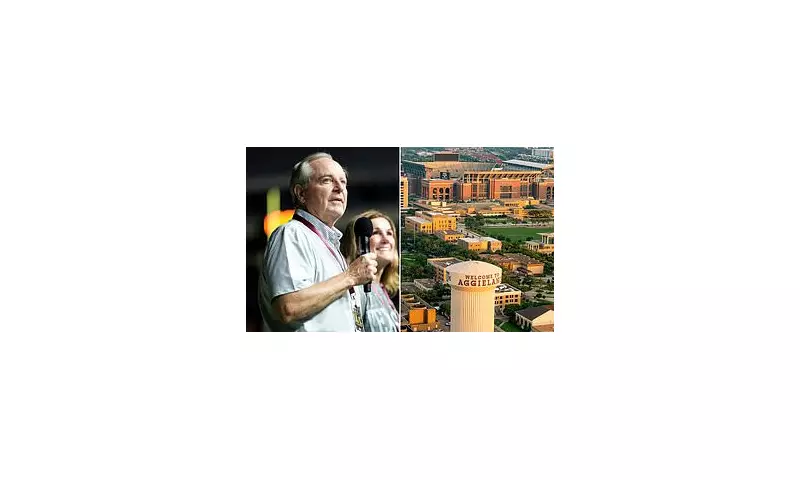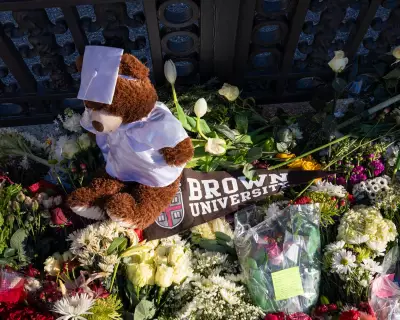
The president of the University of Texas at Austin has tendered his resignation, stepping down from his post amidst a fierce political and cultural firestorm. The controversy erupted over the university's decision to appoint a professor whose academic work on transgender healthcare has drawn intense criticism from state officials and conservative groups.
The heart of the dispute lies in the hiring of Dr. Richard 'Richie' Martell, an assistant professor of sociology. Dr. Martell's research, which includes papers examining the potential benefits of gender-affirming care for transgender youth, was deemed unacceptable by prominent state figures, including the Lieutenant Governor.
A Political Intervention
The situation escalated rapidly from an academic appointment to a full-blown political battle. State Lieutenant Governor Dan Patrick publicly condemned the hiring, vowing to halt state funding for the university's diversity, equity, and inclusion (DEI) initiatives. He labelled the professor's research as pushing what he called "severely misguided" theories.
Facing this immense pressure from the state's political leadership, the university's president, Jay Hartzell, announced his decision to step down. In a statement, he acknowledged the ongoing scrutiny of the university's operations and expressed his desire to see the institution continue its work without further distraction.
Reactions and Ramifications
The resignation has sent shockwaves through the academic community, raising urgent questions about the boundaries of political influence on university campuses. Supporters of academic freedom have expressed deep concern, arguing that the incident sets a dangerous precedent where political pressure can dictate faculty appointments and stifle scholarly research.
Conversely, those who supported the intervention view it as a necessary measure to prevent what they perceive as the promotion of ideologically driven science. The case highlights the increasingly tense national debate surrounding transgender rights and the role of educational institutions.
The university's board has now commenced the search for a new president, who will inherit a campus deeply divided over issues of free speech, institutional values, and its relationship with state government.





